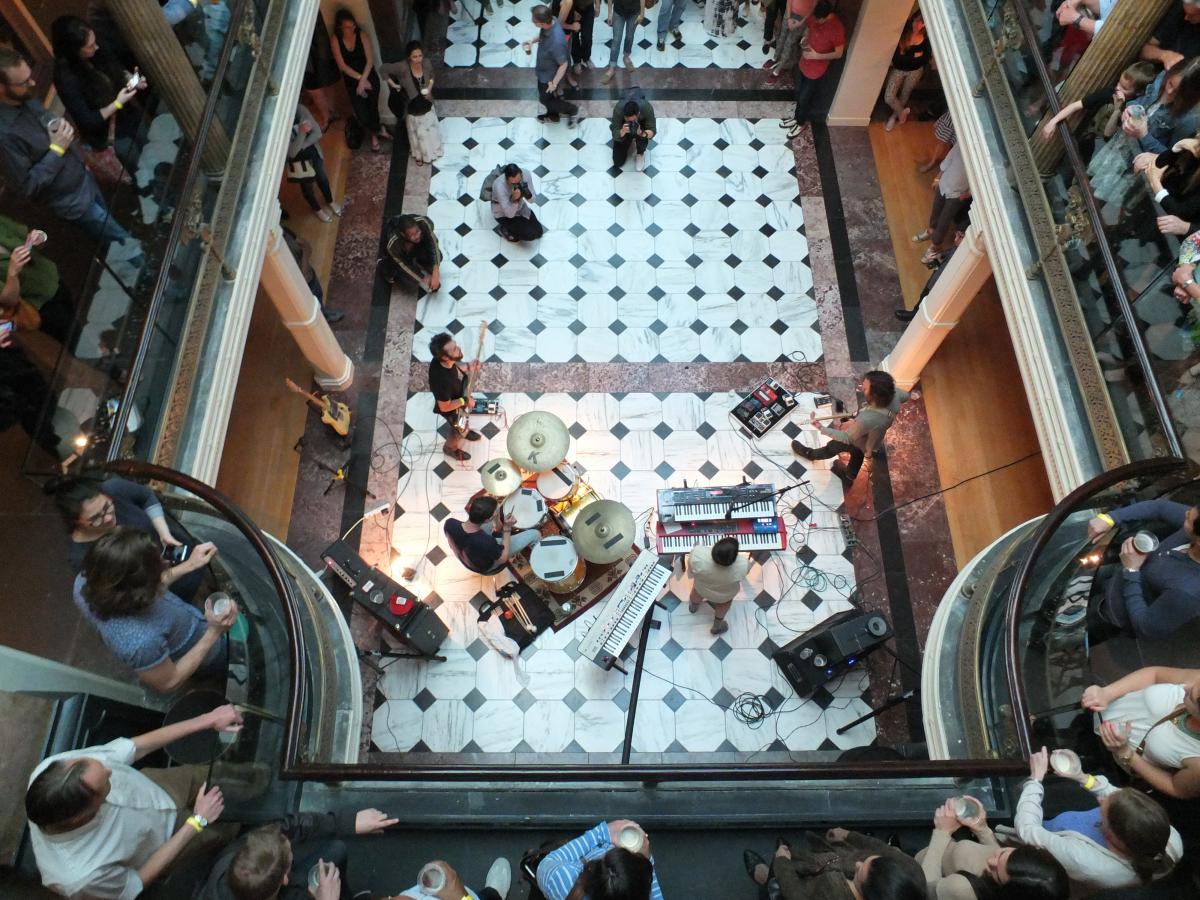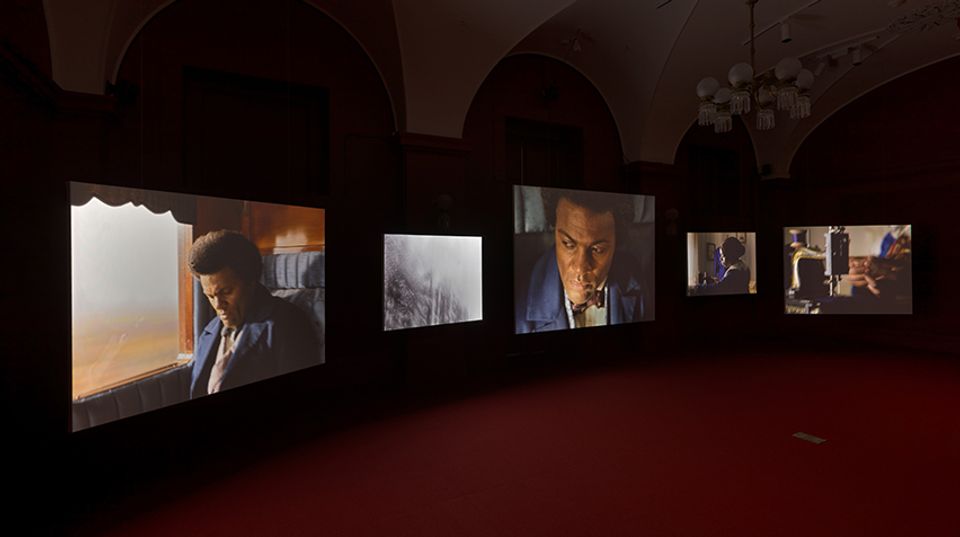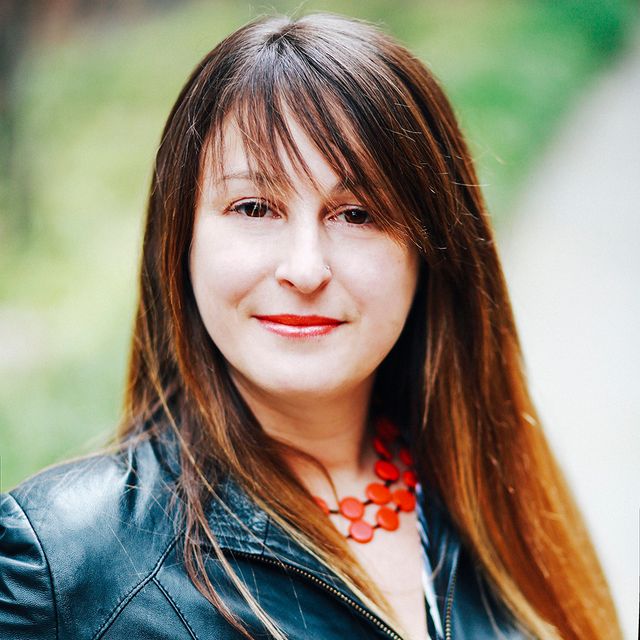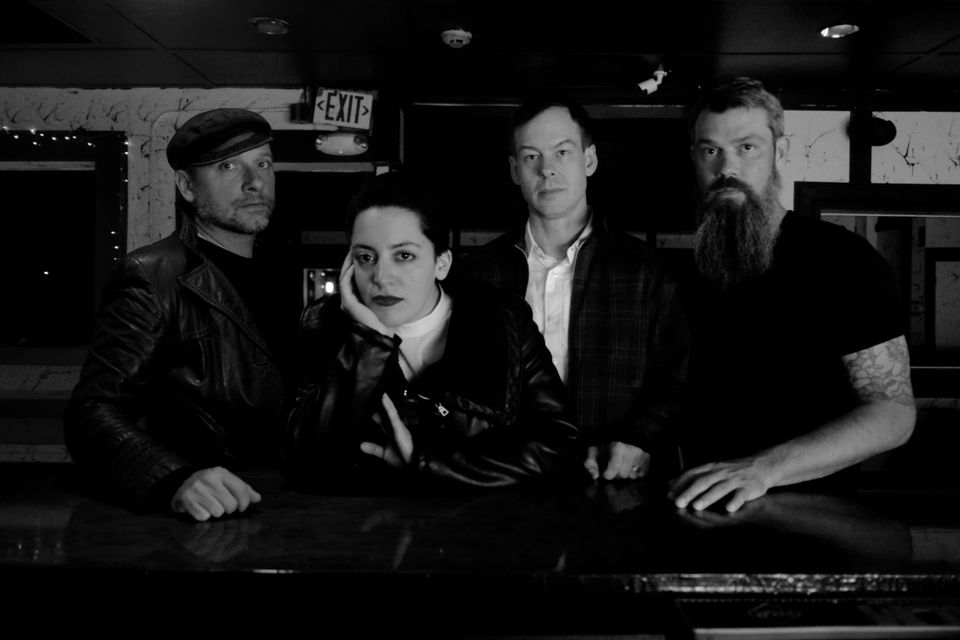
ParkSnakes
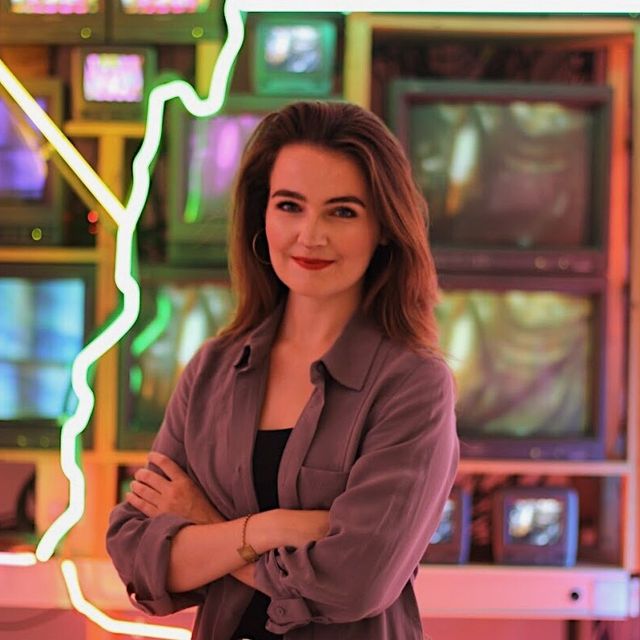
On Friday, July 20, the Luce Foundation Center hosts another installment of the Luce Unplugged Community Showcase from 6-8 p.m. Presented with Washington City Paper, the free show features performances by local artists with a free beer-tasting provided by DC local brewery, Port City. Jessica McFadden, the Luce Foundation Center's Program Assistant, reached out to one of this season’s Showcase performers, ParkSnakes, to gain some insights to their creative processes, and spoke with vocalist, Nenet.
EyeLevel: How did you choose the name ParkSnakes? Is there a significance behind it?
Nenet: The name was given to us by a friend during a brainstorming session at a local bar in Mount Pleasant. It was past midnight and we were chatting while I was mentally approaching a deadline in which we had to present this musical project, but we still didn’t have a name. I was toying with “Park Road,” where I lived at the time, and the idea of a rock n’ roll band as a street gang of sorts, that of the tomboys and the rejects. My friend looked at me and said “Park Snakes,” and so I messaged my band mates who immediately agreed. The significance lies in the band being born in this neighborhood I live in and love.
EL: Your genre of music has been called “noir rock” and “degeneration rock.” In your own words, how would you describe your sound?
Nenet: We lean towards post punk and new wave with a twist - a strong love for crooners and a fondness for storytelling. I personally always say we are a rock band. The attributes “noir” and “degeneration rock” were chosen to identify us out of the pool that the rock genre, with its strong history and very complex heritage, carries. I think at this point, we are “DC proper” in the sense that we carry the musical echo of its particular scene. I believe we have an urgency in our sound born out of political unrest and the many weird moods this city can cause its inhabitants, and the rest of the country.
EL: Can you tell us about the band’s history? How did you meet and what inspired you to form the band?
Nenet: Jason Coile, on guitar, and I met at a mutual friend’s house, a damp basement apartment filled with records, cigarette butts, and plants, where CNN was on all day. That day I was carrying with me a typewritten ad that I was planning on posting at the record store. I was looking for bandmates and as I didn’t know anyone, an ad seemed like the logical way to find them. Jason picked up on it possibly being something special and we met the next day with an acoustic guitar. Sometime later we tried to play electronic music at this tiny studio… Then realized we should start a band. Jason knew Van Hillard and so we found a practice space at a warehouse in Maryland. We wrote our first four or five songs there. The space was great! We were alone and could be as loud as we wanted, since the place was at an empty strip mall next to train tracks. I think we were all inspired by different things. Jason by his love for tapes, LPs, and little compilations of noise he’d record on his own. Me by an odd fascination for literature, confrontational front women, and acting on stage. Van by science fiction and the B-sides of late 80s records. Van knew Chad McCall from the time they had a punk band in Florida, and so we added him on bass this year.
EL: How do you think the band has changed since it began in 2016?
Nenet: Adding Chad on bass and becoming a quartet instead of an obsessive, sometimes cultish trio has definitely been the biggest change for us so far. We are gearing towards going back to the studio to record another EP before the end of the year, but having a new member has been an easygoing transition, and one well received by our audience. There were some shows as a trio in which some dudes would yell at us, “what about the bass,” and we’d just shrug and keep playing. So I guess that’s one less thing we have to worry about now (laughs).
EL: Can you describe your creative process? Do the lyrics or melody come first? Or is it a simultaneous process?
Nenet: We practice diligently every week, so we have an established rhythm that allows us to try and work on new songs. I sometimes write parts on my own and then wait until Jason or Van start a melody or a beat that could go well with what I wrote. Other times it’s the other way around and Jason, Van, or Chad play something that I then improvise a lyric on. If we like it, we record it and I then take some time to write the lyric separately. I’m a little overzealous about the song writing process and am known to drop things if I don’t think the song is good enough. We are, however, very much on the same page when it comes to choosing which songs we’d keep and which ones stay in the unfinished pile. I like going to bars with books in my bag and just taking a faraway table to listen to a demo over and over until the lyrics are perfect. It can take hours! We have cool recordings of each take until it becomes the final version we take to a live show or a recording session. We just got the first song we worked on as a quartet, it’s called “Backstreet.” Another song, “West Coast,” will be included on Blight Records second compilation, which is coming out August 24.
Want to listen to music by the band? Check out ParkSnakes on Bandcamp. Luce Unplugged is a free, monthly concert series held in the Luce Foundation Center for American Art. The series is organized in partnership with DC Music Download, and Washington City Paper. Be sure to check out upcoming performances and don't miss our Summer Community Showcase this Friday, July 20. Blacklodge + em.g. to open at 6 p.m., followed by ParkSnakes at 7 p.m.














